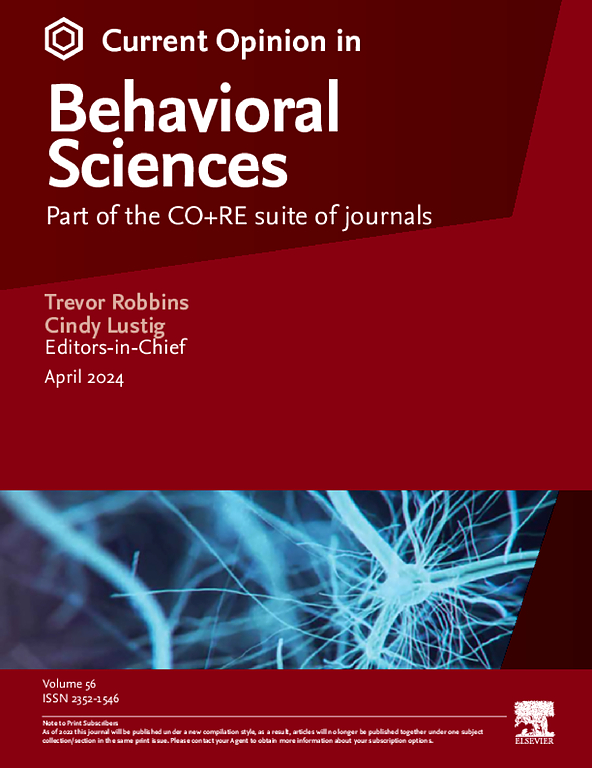Optimizing self-motion perception: a control theory perspective on vestibular–visual integration and adaptive mechanisms
IF 3.5
2区 心理学
Q1 BEHAVIORAL SCIENCES
引用次数: 0
Abstract
Self-motion perception, the ability to sense and interpret one’s own movement through space, plays a critical role in navigation, balance, and spatial orientation. This review examines how control theory offers a structured framework to analyze and optimize this perceptual process, focusing on the interactions between the vestibular and visual systems. By applying control theory concepts such as feedback loops, adaptive mechanisms, and sensory integration, we gain a deeper understanding of how the brain resolves conflicts between sensory inputs and recalibrates them to maintain stability. Recent findings highlight cortical processing areas that optimize sensory integration and recalibration, allowing for robust and accurate motion perception. This review synthesizes contemporary research from neuroscience, psychology, and engineering to present a cohesive perspective on enhancing self-motion perception, with implications for both theoretical understanding and practical applications in fields such as virtual reality and robotics.
优化自我运动知觉:前庭-视觉整合和自适应机制的控制理论视角
自我运动感知,即通过空间感知和解释自己运动的能力,在导航、平衡和空间定向方面起着至关重要的作用。这篇综述探讨了控制理论如何提供一个结构化的框架来分析和优化这一感知过程,重点是前庭和视觉系统之间的相互作用。通过应用诸如反馈回路、自适应机制和感觉整合等控制理论概念,我们对大脑如何解决感觉输入之间的冲突并重新校准它们以保持稳定有了更深入的了解。最近的研究结果强调了优化感觉整合和重新校准的皮质处理区域,允许稳健和准确的运动感知。这篇综述综合了神经科学、心理学和工程学的当代研究,提出了一个关于增强自我运动感知的有凝聚力的观点,对虚拟现实和机器人等领域的理论理解和实际应用都有意义。
本文章由计算机程序翻译,如有差异,请以英文原文为准。
求助全文
约1分钟内获得全文
求助全文
来源期刊

Current Opinion in Behavioral Sciences
Neuroscience-Cognitive Neuroscience
CiteScore
10.90
自引率
2.00%
发文量
135
期刊介绍:
Current Opinion in Behavioral Sciences is a systematic, integrative review journal that provides a unique and educational platform for updates on the expanding volume of information published in the field of behavioral sciences.
 求助内容:
求助内容: 应助结果提醒方式:
应助结果提醒方式:


